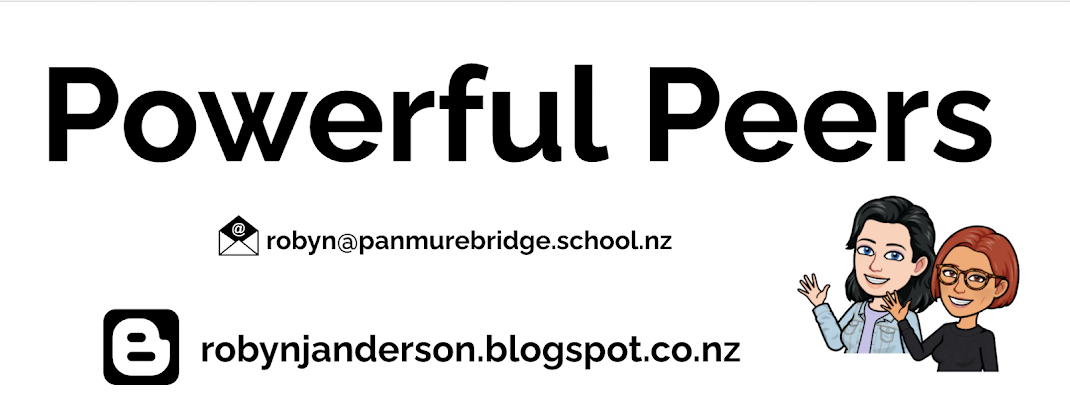As a Year 7/8 teacher I see how real the ongoing struggle is for our learners who do not have the language acquisition and literacy skills needed to make sense of learning at our level. Recent assessment data has showed that my target group were not able to unpack what the questions were asking them to do. Looking back at trends in their historical data (from Year 5), the picture is no different. These disconnects result in wider gaps in learning that are becoming harder and harder to fill.
With this in mind this year I will be inquiring into whether increased emphasis on reading comprehension instruction can lead to better subject achievement in reading, maths and writing. I have selected this focus as all of my target group have had Reading Recovery, Rainbow Reading and STEPS interventions. 5/9 students have had ESOL funding. 2/9 have had Teacher Aide support each year. Self efficacy is something I will continue to grow as each of these students are aware they find learning a challenge, something that has become more evident as the gap between their achievement levels and the achievement levels of their peers widens.
My hunch is that some issues with my students’ math achievement are related to issues they have with reading instructions and tasks. I noticed during our 1:1 running record assessment time that 9/9 students were able to recall a lot of literal information. Most reverted to tapping into prior knowledge when asked questions they were not able to recall. Despite being reminded gently at the start of the assessment to refer back to the text as the words hold the information, only 3/9 were able to do this. These students read the text in entirety from the top down each time. This highlighted to me that skimming and scanning are additional skills that need to be developed.
I am currently analysing my data more thoroughly and will update my blog with this information when this is complete.

